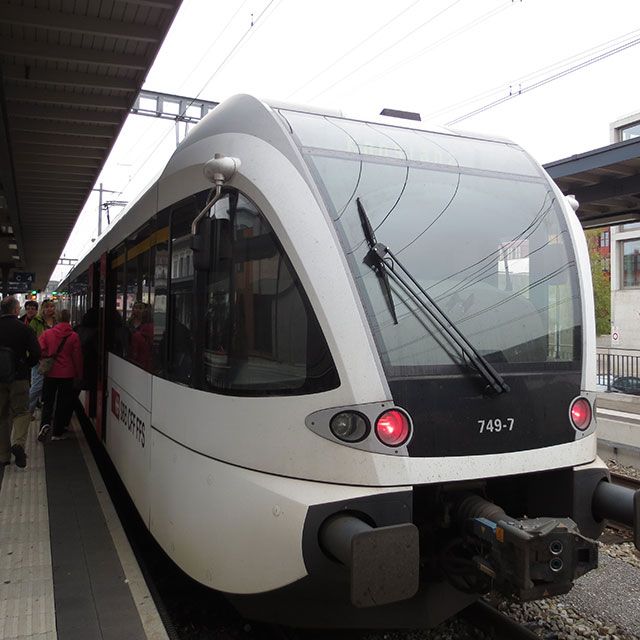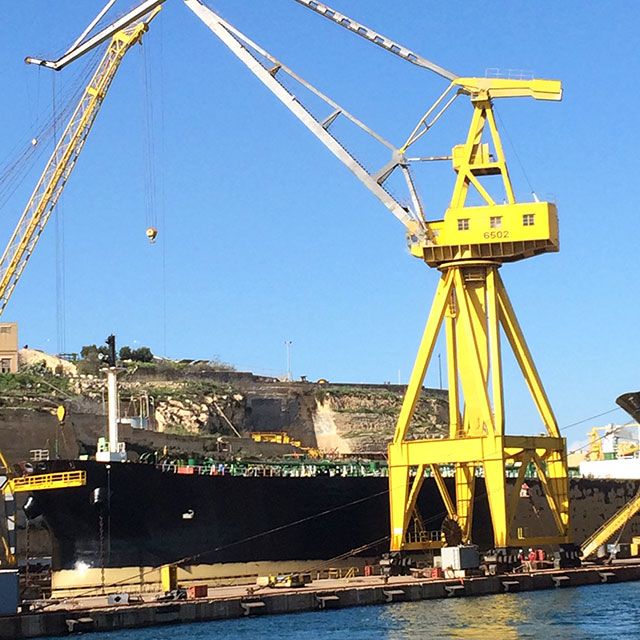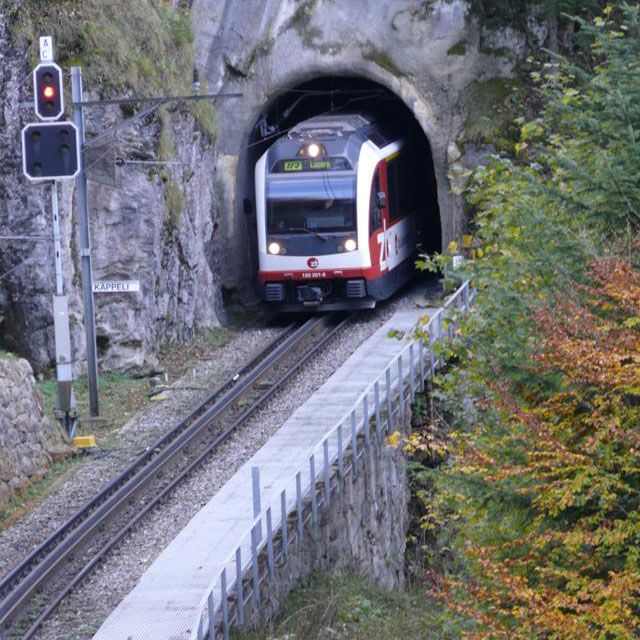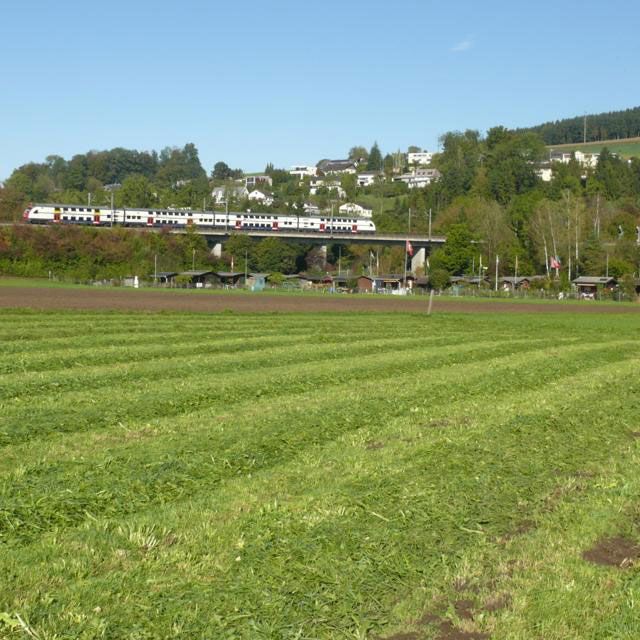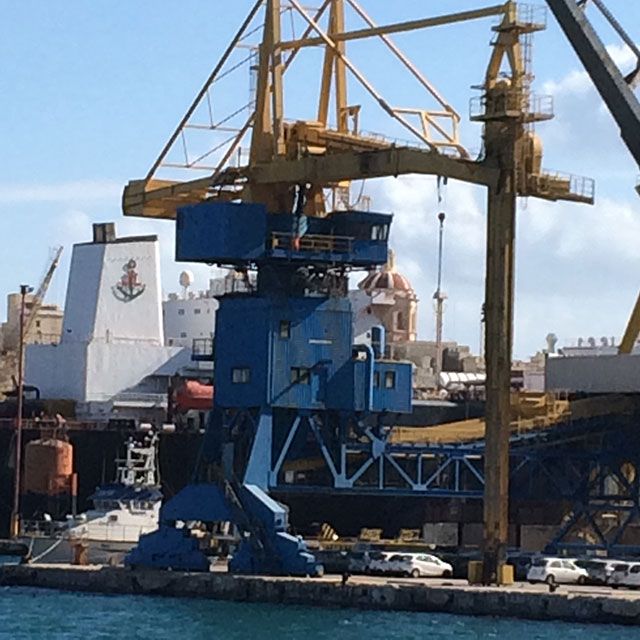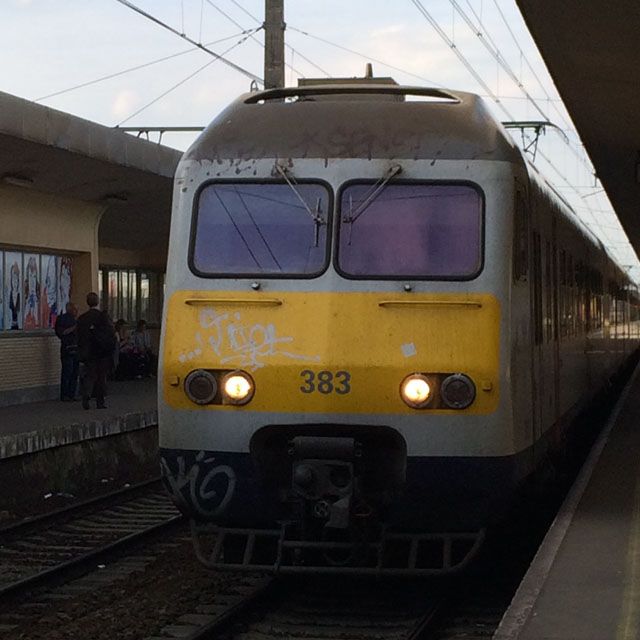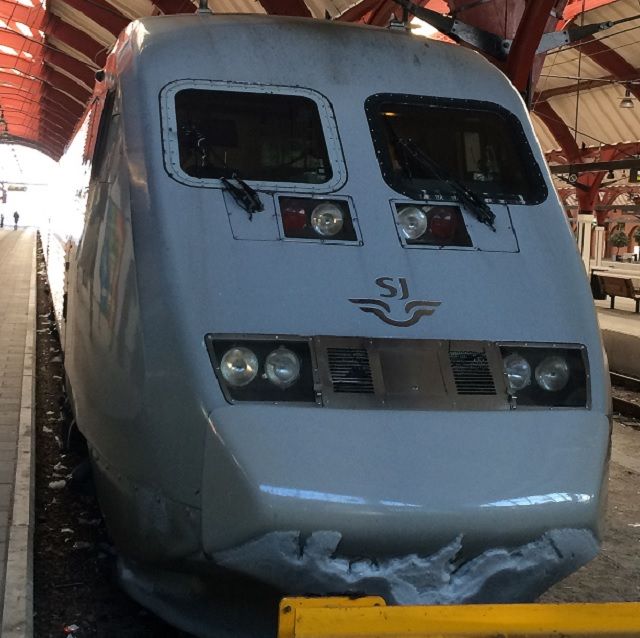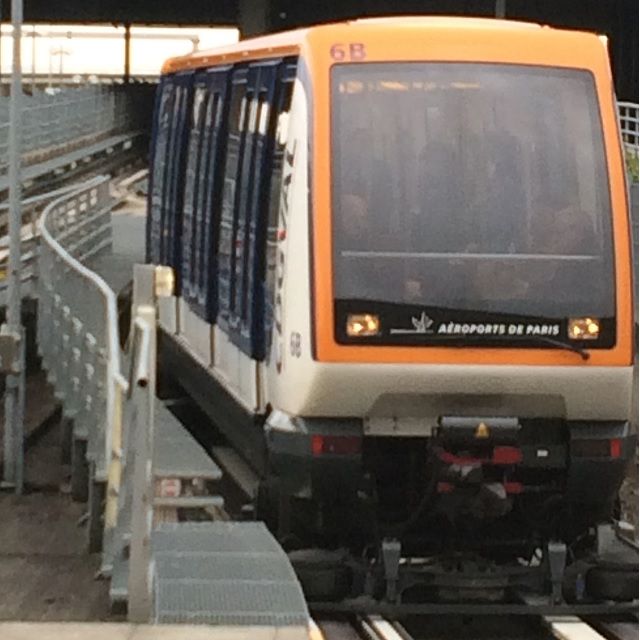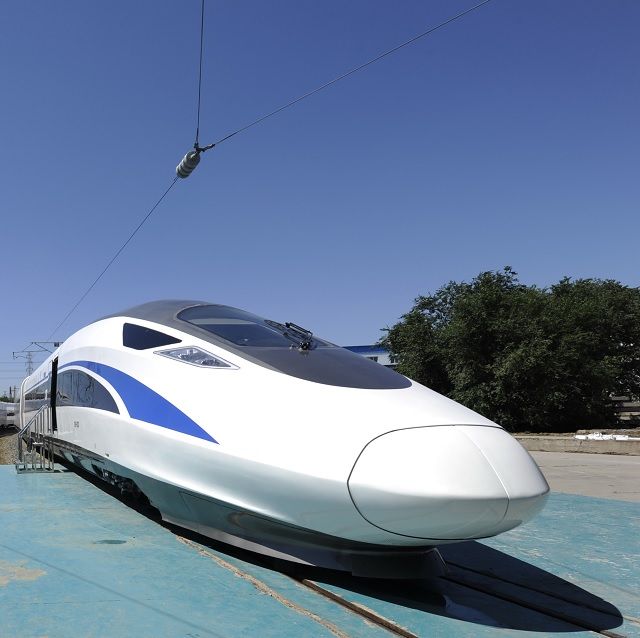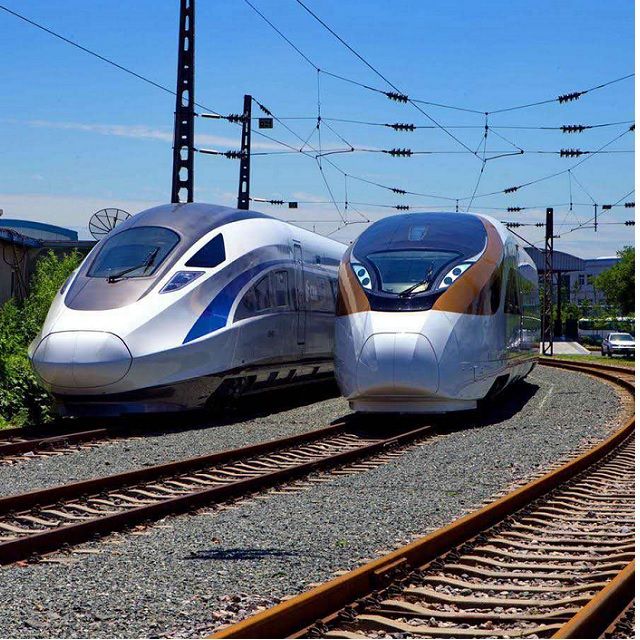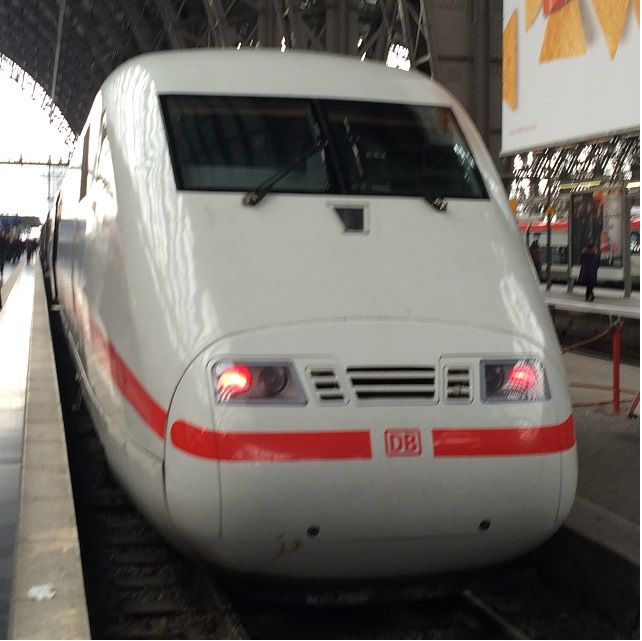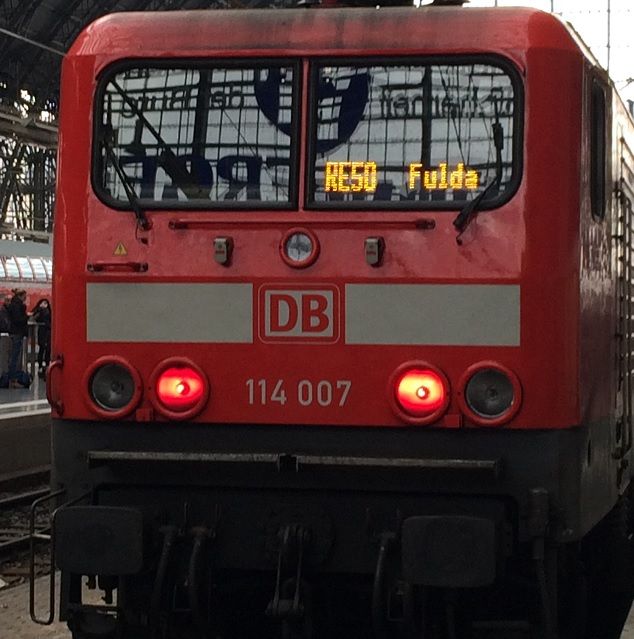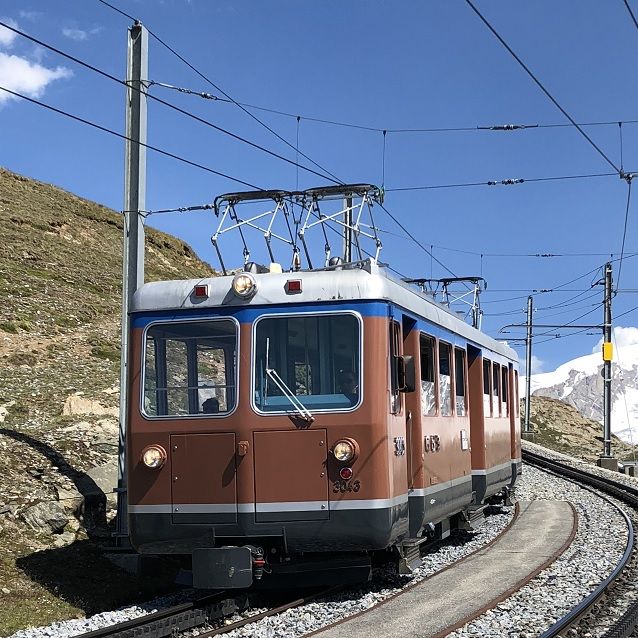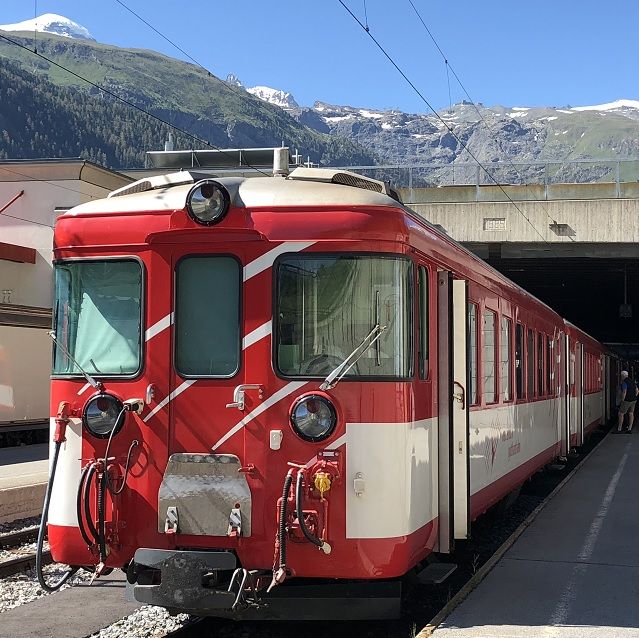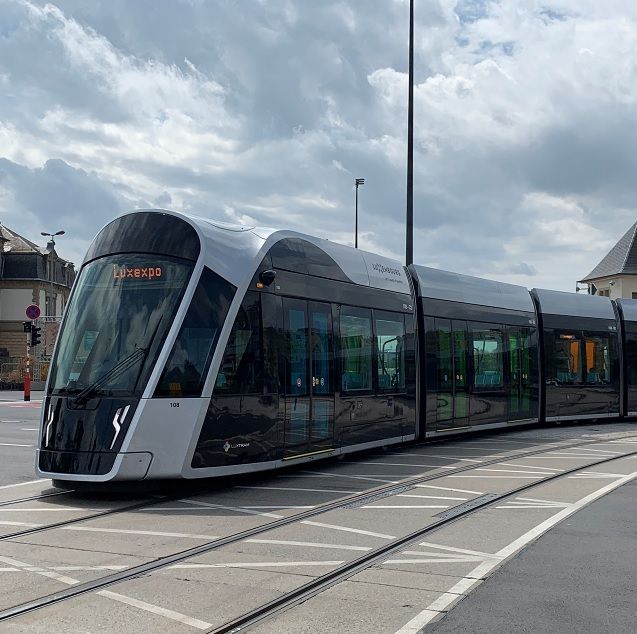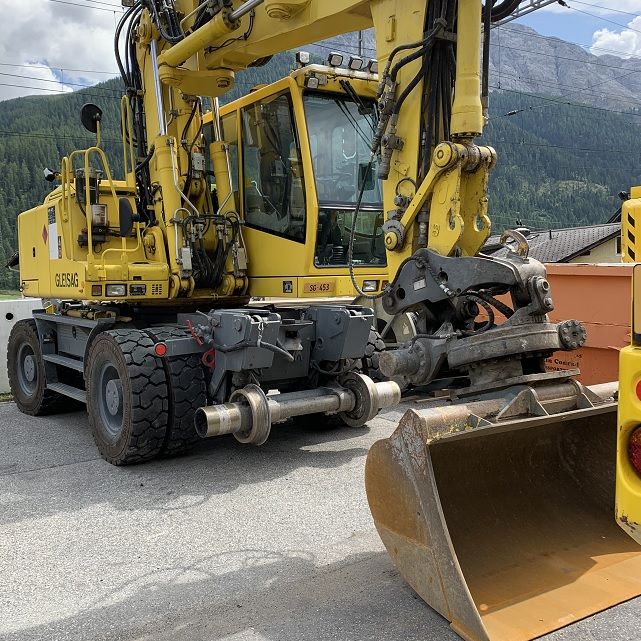Revision of Basel Rules may hinder the EU’s Green Transition for the transport sector
As the second round of inter-institutional negotiations begins on the revision of the EU’s Capital Requirements Regulation (COM(2021)664 final), the Rail Working Group (RWG), together with the Alliance of Passenger Rail New Entrants (ALLRAIL), the Community of European Railways and Infrastructure Companies (CER), the European Rail Freight Association (ERFA), the Union International de Chemin de Fer (UIC), and the International Union of Wagon Keepers (UIP), have submitted their serious concerns in relation to object-based financing to decision-makers at the European Parliament, the Council of the EU, and the European Commission. In their joint submission, these key rail industry associations argue for a clearer and more realistic assessment of the way that banks risk-weight the financing of railway equipment.
The proposed new rules and risk weightings applied to object-based financing (and project financing when this includes collateralised lending on rolling stock) fail to consider the enhanced security enjoyed by credit institutions when the railway rolling stock being financed is used as collateral.
This is particularly relevant since the Luxembourg Rail Protocol to the Cape Town Convention is expected to enter into force in contracting states in 2023, thereby creating a new set of global rules for securing creditors lending with the collateral of rolling stock, or leasing such equipment.
The joint submission stresses the importance of aligning risk weightings with the quality of specialized secured lending exposure, and calls for risk weightings to be lowered from the proposed 100% to 80% on movable assets, such as railway rolling stock.
“In light of recent banking uncertainties and market turbulence, secured lending backed by an international treaty has become even more important,” said RWG Chair Howard Rosen. “Instead, the proposed rules will reduce the availability and raise the cost of credit for operators, which will increase prices, and lower demand, for rail transport for passengers and freight. This comes at a time of high cost-of-living pressures in Europe, when more investment in the rail sector is urgently needed, and where, given state budgetary constraints, private sector financing of locomotives and wagons will be critical.
“Given that railways are a key component of the Green Transition, we call on the EU to revise the proposals to better support private sector credit for the railway sector by taking into account the use of rolling stock as collateral for credits, and in particular, the significant advantage of the enhanced security provided by the Luxembourg Rail Protocol. This will benefit the consumer, the community as a whole, and our precious environment,” he added.
NOTES FOR EDITORS
The EU’s Capital Requirements Regulation (CRR) is part of a legislative package that includes amendments to the Capital Requirements Directive (CRD). In response to the financial crisis between 2008 and 2009, the EU implemented major reforms of the prudential framework applicable to banks to help prevent a similar crisis from happening again. Those reforms were largely based on international standards adopted since 2010 by the Basel Committee on Banking Supervision (BCBS), known as the Basel III standards. Without uniform global standards, banks could choose to establish their activities in the jurisdiction with the most lenient regulatory and supervisory regimes, leading to a regulatory race to the bottom to attract bank businesses that would increase the risk of global financial instability. The new CRR reforms are intended to implement the most recent revisions to the Basel III standards, known as “Basel IV” or “Basel 3.1”. It is anticipated that these revisions will come into effect around the world on 1st January 2025.
The Luxembourg Rail Protocol to the Cape Town Convention on International Interests in Mobile Equipment is a new global treaty under the auspices of UNIDROIT, the International Institute for the Unification of Private Law. The Protocol will make it much easier and cheaper for the private sector to finance railway rolling stock. It sets up a new system for recognition, priorities and enforcement of creditor and lessor rights, which will be registered in an international registry based in Luxembourg, accessible to everyone over the internet 24/7. The Protocol is expected to enter into force in contracting states in late 2023. The European Union (in respect of its competences). Luxembourg, Sweden, Spain and Gabon have ratified the Protocol. France, Germany, Switzerland, Mozambique, Italy, South Africa and the UK have already signed the Protocol and many other states, including Kenya, China, Malta, Eswatini, Namibia, Senegal, Ethiopia, Finland, Ukraine and Mauritius, are looking at adoption of the Protocol. The Protocol is endorsed by many international rail organisations (including OTIF, UIC, CER and Eurofima) and actively supported by the African Union, the UN Economic Commission for Africa and the UN Economic Commission for Europe.
The Rail Working Group is a Swiss-based not-for-profit association focused on the adoption and implementation of the Luxembourg Rail Protocol. It has about 80 direct members and hundreds of additional rail stakeholders represented indirectly by various industry organisations that belong to, and support, the objectives of the RWG.
For more on the Luxembourg Rail Protocol and the Rail Working Group see www.railworkinggroup.org.
Further information from the Rail Working Group:
Tel. +41 41 760 28 88,
Email: info@railworkinggroup.org
Twitter: https://twitter.com/RailWorkingGrp.
LinkedIn: https://www.linkedin.com/groups/8944744/
EU Contact: Irene Fucà
Africa Contact: Mesela Nhlapo
ENDS





